Misinformation Halts Progress: HPV Vaccination Struggles in Pakistan
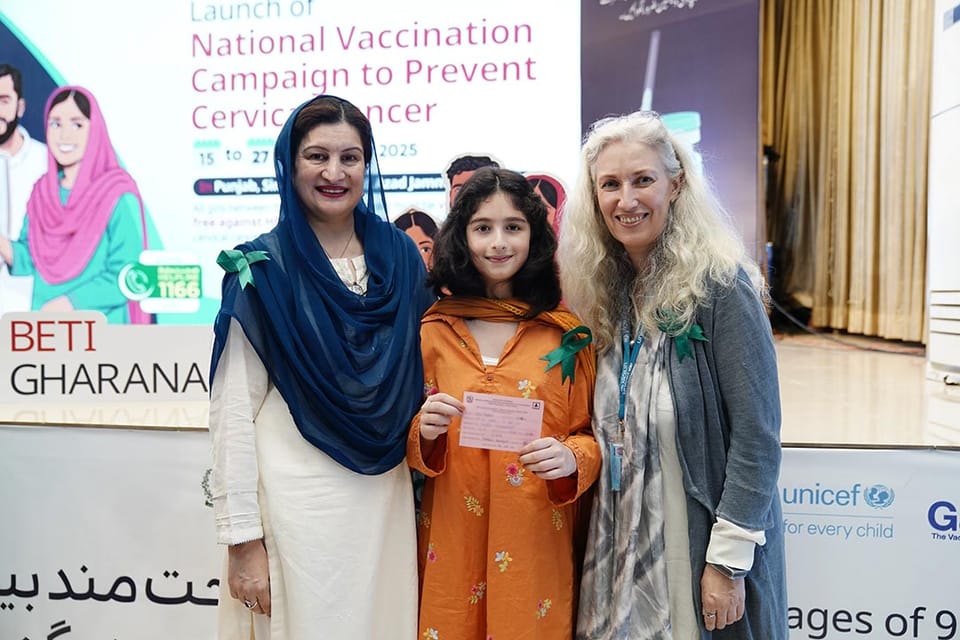
Over 2 weeks in September, the Pakistani government rolled out the HPV vaccination campaign, but despite it being one of the most marketed health campaigns in recent history, numbers seem to be disappointing. Reports show that only 55 percent of the goal - which was to vaccinate 11 million girls - was met.
Beyond just failing to meet targets, the campaign has suffered from serious setbacks, and has even suffered from violence. A health worker, Ghulam Sughra, was attacked while administering the Human Papillomavirus (HPV) vaccine at a government girls’ school in Mandi Bahauddin, Punjab in late September. The assailant and her accomplices were identified but no arrests have been made yet. A second attack happened just 3 days apart, where Health Supervisor Shamim Anjum told Dawn that she and her team were forced to leave the school site in order to protect themselves.
Violence against healthcare workers isn’t new in Pakistan. The Safeguarding Health in Conflict Coalition (SHCC) identified 39 incidents of violence against or obstruction of health care in Pakistan in 2024. The SHCC reported that within these incidents, polio vaccination campaigns were attacked 25 times, 15 workers were killed and 7 were kidnapped. All this comes as polio cases increased from 8 in 2023 to 74 in 2024, leaving Pakistan as one of the few countries that is still fighting polio.
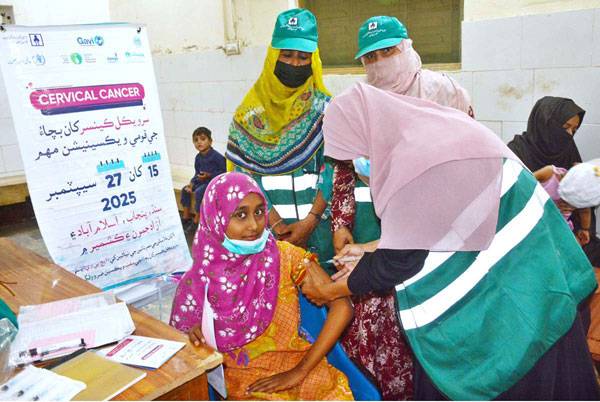
Since 2012, these targeted attacks against health workers have resulted in the deaths of 112 people and left more than 300 injured. Health workers and vaccination campaigns continue to deal with pushback that comes from widespread misinformation against vaccines and medicine.
The push behind this vaccine has been because of the high rates of cervical cancer being seen in Pakistan. Experts say that 8 women in the country die every day due to cervical cancer, and that diagnosis could increase significantly if intervention is not carried out now. "In Pakistan alone, between 4,700 to 4,800 new cervical cancer cases were reported in 2023, resulting in nearly 3,000 deaths — a mortality rate of 64 per cent,” Dr Muneeba Ahsan Syeed told Tribune when talking about the gravity of the situation.
The Pakistani government has already delayed adding the HPV vaccination to their immunisation programme significantly. It is the last country in South Asia, and the last Muslim majority country, barring Afghanistan, to do so, and now faces further challenges.
Misinformation halts progress
Scientific research has shown promising results when it comes to the vaccine if it’s delivered to girls aged 91-4 with a 90% protection against developing cervical cancer. But the numbers don’t seem to be enough for many parents and even religious leaders who continue to stay wary of the campaign and counsel against it. A lot of the violence against the health care workers has come from parents and community leaders who are concerned that these health care workers are part of a conspiracy to harm their children and future populations.
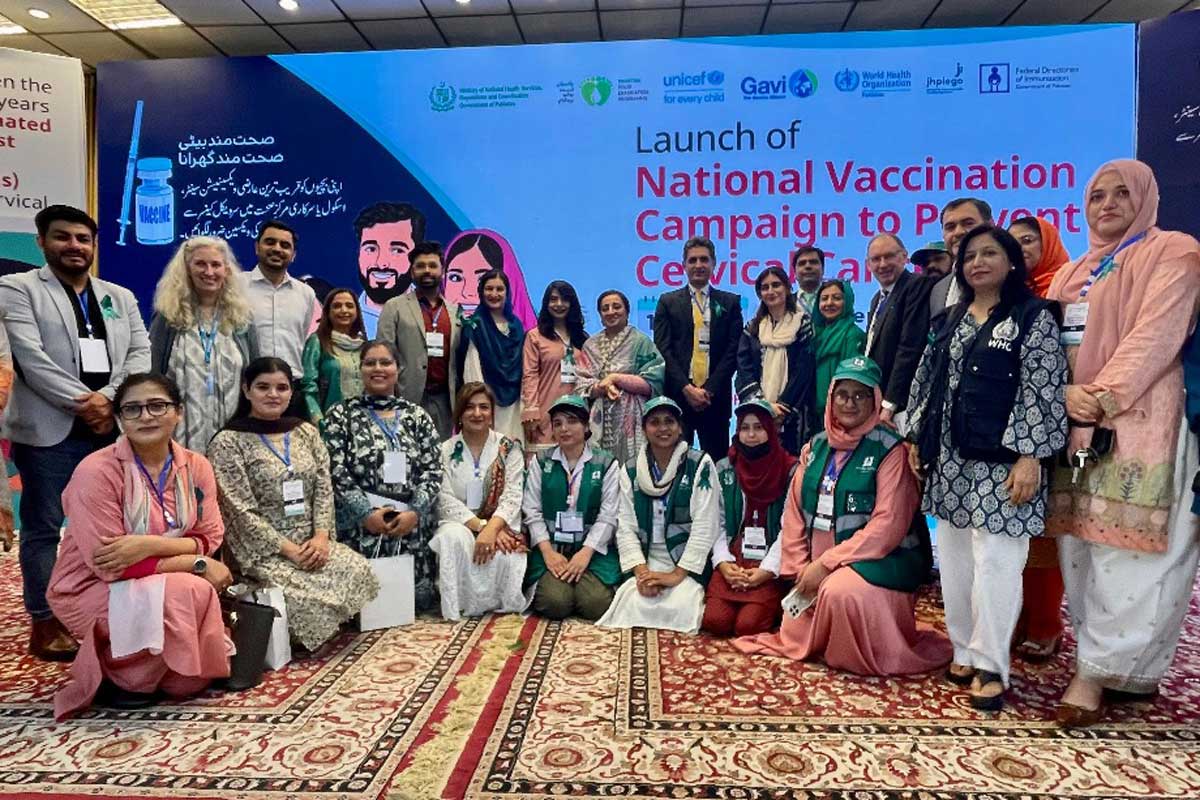
One commonly spread false story is that the vaccine disrupts the hormones of young girls and encourages sexual activity. This has been a big factor in angering religious community leaders who see this as going against Islamic values, despite the fact that Muslim leaders and scholars across the world have approved the vaccine.
Another false claim has been that the vaccine is a “western ploy” to create infertility amongst young girls and reduce Muslim populations, which has also led to emotionally driven responses from many parts of the country.
Alma Soomro, a development sector professional from Karachi, tells Echoes Media that she observed and heard from educated colleagues and peers of how they thought the vaccine is harmful and some conspiracy of foreign governments to wipe out Pakistani populations
In response to overwhelming misinformation about the HPV vaccine, Pakistan’s minister of health, Syed Mustafa Kamal, took the bold move to have his teenage daughter vaccinated in front of television cameras. While supporters hailed this as an important move, it seems to have done little to curb the spreading misinformation and the fear being caused as a result.
Instead Soomro believes that additional steps needed to be taken to really address the concerns of the population and make campaigns like these truly successful. “What could be better is, articles and educational campaigns to educate first and set the ground,” she says, adding that another way forward is to have “focused group discussions with parents to tackle myths and misconceptions.”

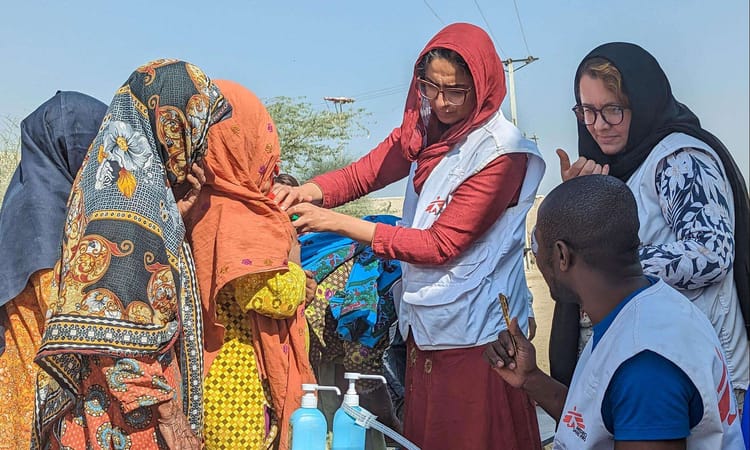
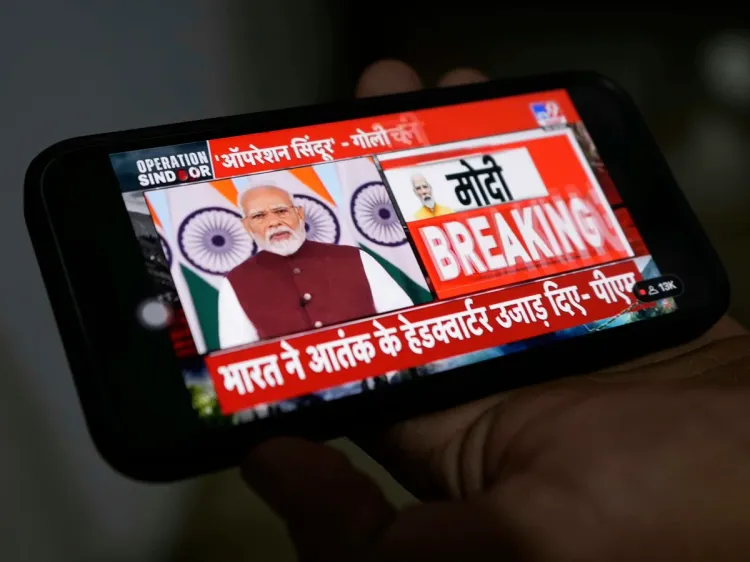
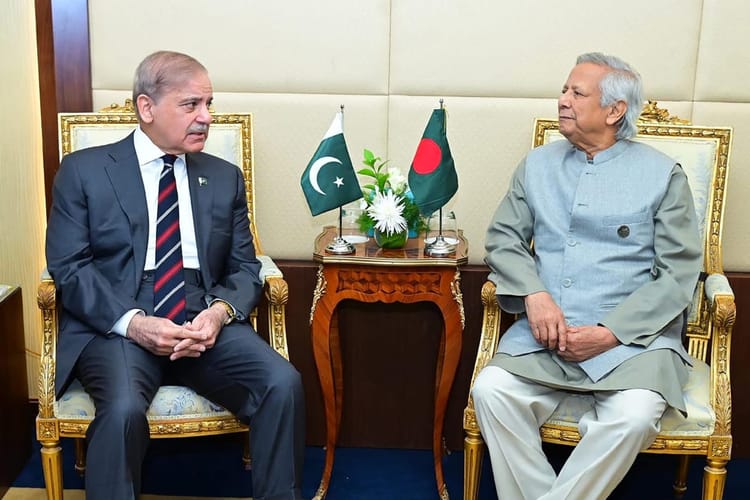
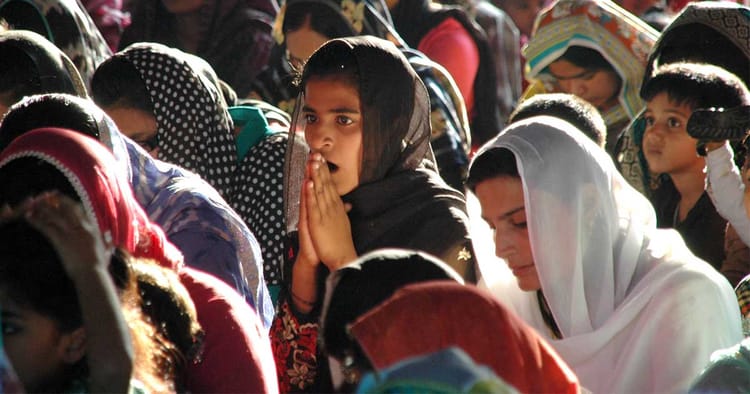
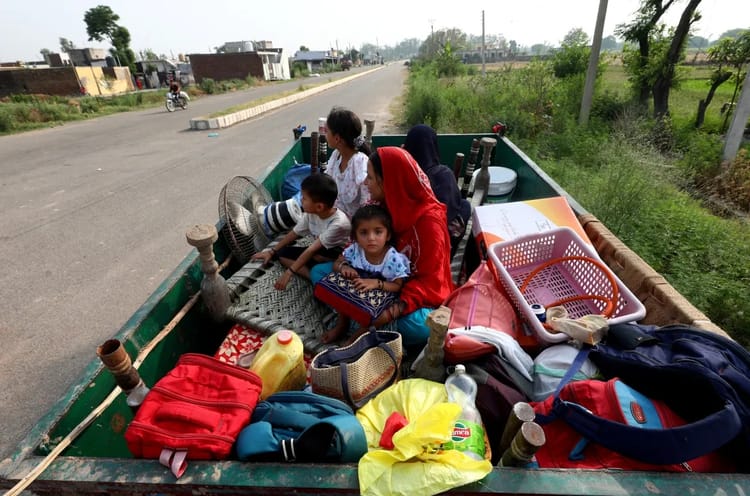
Member discussion